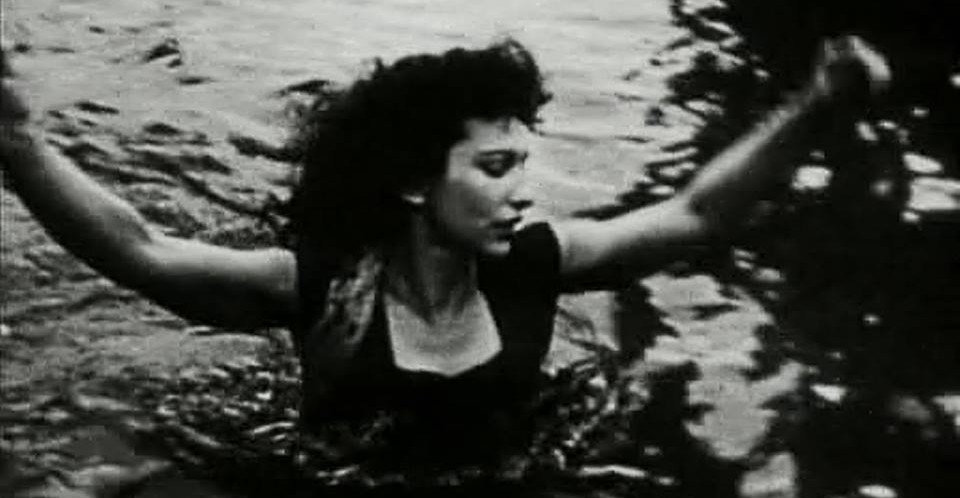
One of the few films for which you can employ the term “epic” with absolute confidence, Abel Gance’s 1927 magnum opus Napoléon is a triumphant crescendo of the late silent era which cannot help but fill me with a certain resentment at the introduction of sound to cinema at all (or, at the very least, to the blockbuster). Over-optimistically intended as merely the first part of a six-film-series, documenting the whole of the French Emperor’s life, Napoléon covers his school days to the invasion of Italy, over a five-and-a-half-hour that flies by, balanced well enough as to leave the spectator wanting more, purely on the basis of not wanting to leeave that world just yet.
However, to maintain circus analogies, one might describe Gance’s directorial method not merely as a balancing act, or even juggling but perhaps a veritable flying trapeze act between historical documentation, speculative dramatisation, superimposition, multiple exposure, unchained camera techniques and multi-screened “polyvision.” Thus, Napoléon achieves a breathtaking simultaneous marriage of celebrating France’s greatest moments of yesteryear with a vibrantly modernist format that proffers a knowing and participatory form of phenomenological reception over any standard suspension of disbelief. This is not the “transparent cinema” that so draws Godard’s ire; rather, by taking the impressionist mode of representation and signification, and expanding to it beyond-Griffith grandeur, this is truly the climax of the blockbuster’s existence as a form of genuine experimentation.
Perhaps the one and only pitfall lies in Napoleon himself – by no means at all in Albert Dieudonné’s performance, which is second only to the incredible child actor Vladimir Roudenko’s portrayal of the child Bonaparte – but in one aspect of his portrayal. Namely, Gance’s choice to use, wherever possible, genuine quotation, combined with the protagonist’s typical laconism results in a character who is enigmatically, stoically silent, who then occasionally blurts out such prideful remarks as “I am the revolution!” This establishes a certain point of confusion between the historical and the symbolist Bonaparte which inevitably results in him remaining perhaps a too-unknowable character for someone I just spent 5 and a half hours with.
However, the knowledge that this was intended as the first in a much longer series of films investigating his life leads me to the satisfied conclusion that we would have gained more insight, had Gance been able to finance such a titanic feat. Even so, my sadness at the absence of its sequels is not for lack of a sense of completion, but merely the eager desire for more. At least we have this!
⭐⭐⭐⭐1/2
